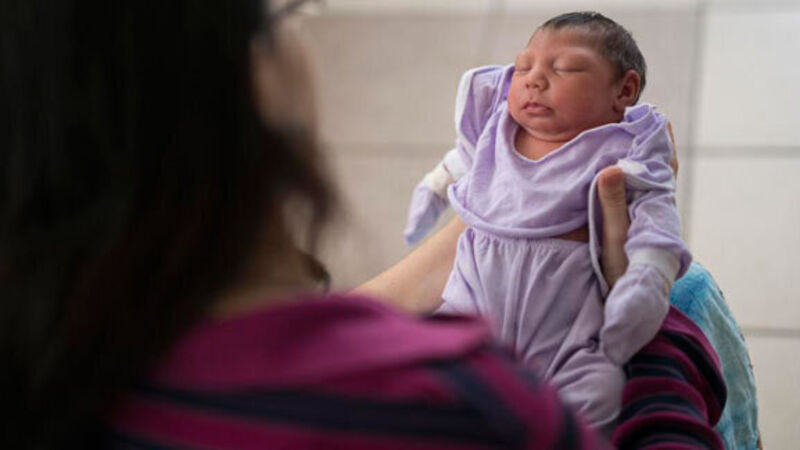Pregnant woman among seven zika virus cases in Spain

The country’s health ministry said the woman travelled to Colombia, was presumably infected during the trip and is in her second trimester of pregnancy.
She is under medical supervision in the north-eastern region of Catalonia.














